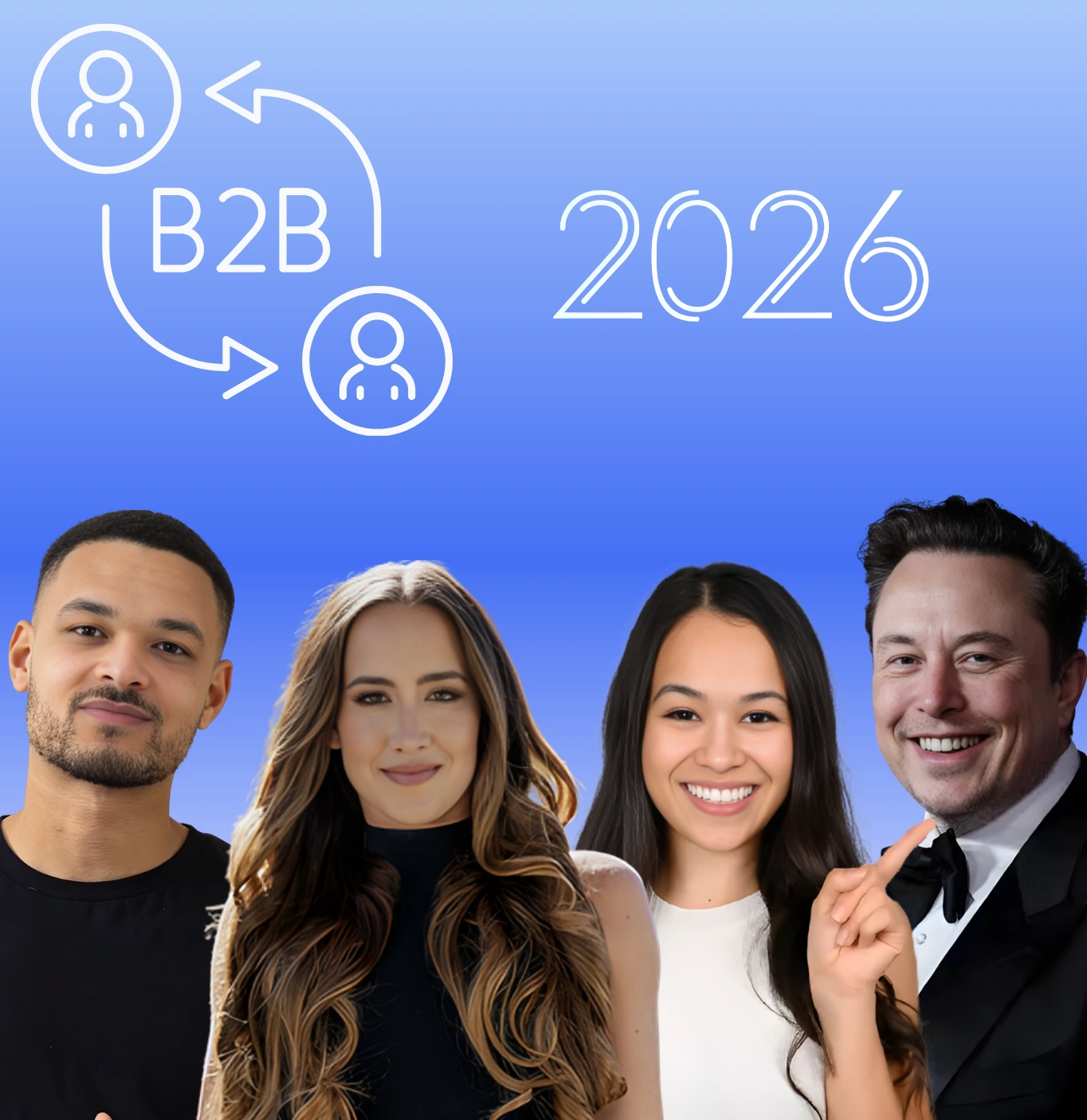.webp)
Features
Employee Advocacy
Transform Your Team into Brand Ambassadors.
Trusted daily by growing brands and agencies around the world including:
.webp)
.webp)
.webp)
.webp)


.webp)
Empower Your Team, Amplify Your Brand
Your employees are your brand’s greatest asset. With Favikon’s Employee Advocacy Program, turn their networks into powerful amplifiers for your company. Leverage the collective influence of your team to boost your brand’s visibility and create genuine connections with your audience.

.webp)
Easily add anyone on the platform
Want to add your 50 employees to Favikon? No need for everyone to create their own account! You can easily add all profiles directly from your account. It’s quick and efficient, plus you can share the list publicly to keep track of regular updates.

.webp)

.webp)
10x Your Reach with Employee Advocacy
Why limit your reach to official brand accounts? With Favikon, you can empower each team member to share in your company’s success. By using their personal networks, your brand gains authentic visibility that resonates. Experience up to 10 times the reach, with each employee contributing to your growth.

.webp)
Strengthen Company Visibility and Team Spirit
Employee advocacy isn’t just about visibility; it’s about uniting your team around a common cause. Foster a sense of purpose and pride in your brand by encouraging team members to share your message. It’s a win-win that builds both team spirit and public awareness for your brand.

Ready to integrate creative marketing into your growth strategy?
Join over 10,000 brands and agencies who trust Favikon as their go-to platform for creator marketing.
Follow us on our social media channels
We love the creator economy - and we share our insights on social media










.png)








.webp)




.png)



